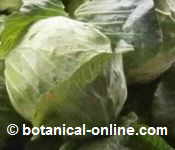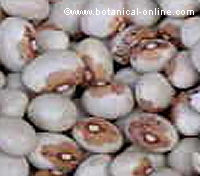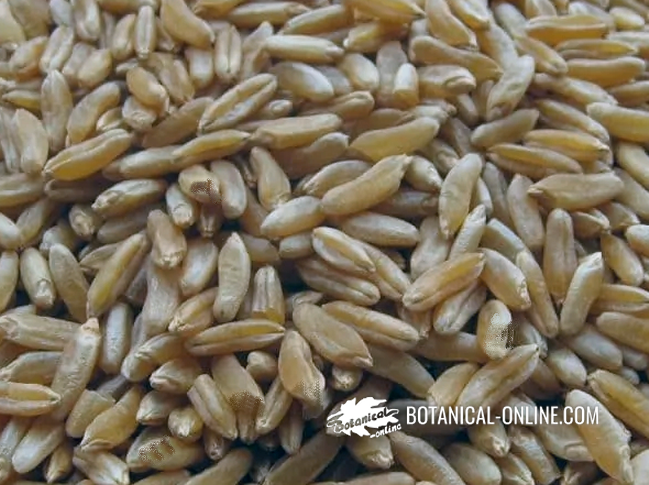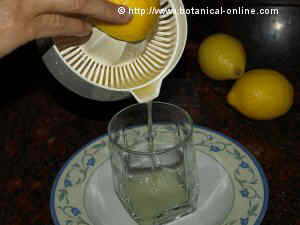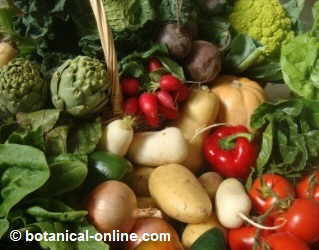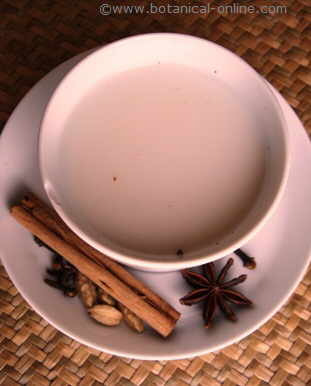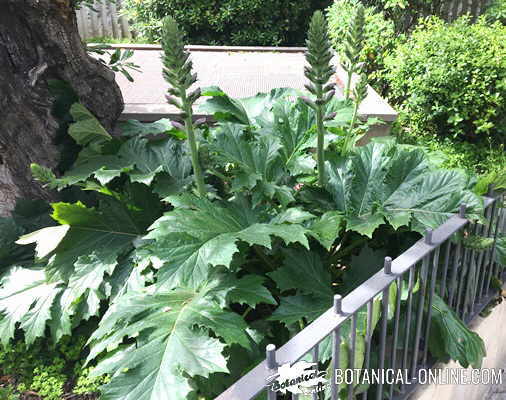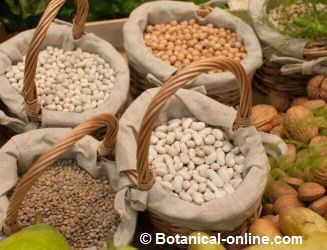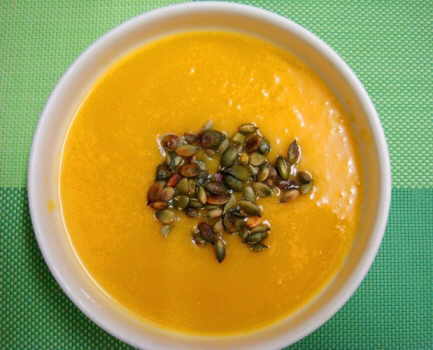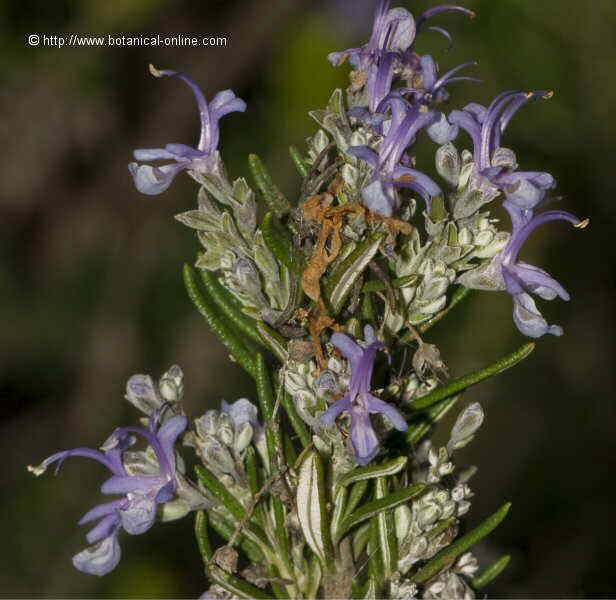Contents
Food for diverticulosis
What to eat for diverticulosis?
Diet can play a key role in the prevention and treatment of diverticulosis. Comparative studies have shown that citizens of the Western world have higher rates of diverticula in the intestine that citizens of poorer countries.
Other studies have shown that the incidence of this disease among vegetarians is 30% lower.
Many researchers have linked diverticulitis with a diet low in fiber. It appears that, in addition to a family predisposition, people who eat little fiber have little amount of peristalsis in the intestines. Peristaltic movements are movements that intestinal muscle exercises to expel the stool. These movements, in addition to expelling the stool, help strengthen the muscles themselves.
People with little movement tend to have problems with constipation but they are also more likely to develop intestinal diverticula or herniated bowel because of muscle weakness caused by lack of training.
Weak walls will easily give over to the external pressure, producing these bumps. Diverticula are filled internally with faeces. Retained faeces develop bacteria that cause inflammation in the area called diverticulitis.
The importance of fiber to prevent diverticulosis
A high-fiber diet helps prevent constipation and improve bowel motility, thereby facilitating diverticulosis prevention. Moreover, a suitable diet can help expel the waste deposited in the intestine by promoting healing.
Diets rich in soluble fiber are preferable to those that contain insoluble fibers because the latter inhibit the absorption of minerals like calcium and magnesium that are needed for intestinal muscle strengthening.
Recommended food for diverticulosis
Some foods are especially recommended:
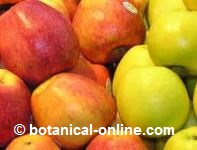
Being rich in pectin, apples are very good for diverticulosis
- Fruits: Rich in soluble fiber, vitamins and minerals appropriate to strengthen the intestinal muscle.
Many of these fibers are soluble, particularly pectins and mucilages which, because of their special texture, also exert a soothing and protective role of intestinal mucosa.
Among the most interesting fruits, we would have apples, carrots, the pumpkins, figs, bananas, or pears. Plums are of particular interest to prevent the disease although they contain much fiber that could cause intestinal stimulation too, so we must be prudent in their use during times of inflammation.
Cabbage has to be included in the diet for diverticulosis
- Vegetables: They contain components similar to fruit, son they are very interesting for people with diverticulosis or diverticulitis. The members of cabbage family are extremely interesting (cabbages, brussels sprouts , broccoli, cauliflower, etc.)
- Insoluble fiber: A diet rich in insoluble fiber, as the bran ingestion, may prevent diverticula, although it inhibits the absorption of many minerals and vitamins necessary to fortify the intestinal muscles.
In addition, its intensive use could increase too much the peristaltic movements, which would worsen the symptoms of diverticulitis. We must be cautious in using supplements rich in insoluble fiber when the diverticula are inflamed.
It is more convenient to combine whole grains, with more aggressive fibers such as cellulose, with other less aggressive and more suitable as starch. Whole grains or their derivatives (whole grain rice, oats, whole bread, wheat, etc.) are more advisable than refined.Potatoes, rich in starch, are highly recommended.
Legumes are not suitable for diverticulosis diet
- Legumes: We will use this group of foods with caution in people with diverticulosis because, although they contain plenty of fiber, are also responsible for flatulence, which can worsen the symptoms of this disease. Its use is appropriate in people with not inflamed diverticulosis .
- Dried fruits and nuts: they are suitable for their fiber content, provided they are chewed well so that there is no possibility that a small piece is kept in a diverticulum.
- Seeds: Some seeds such as sesame or psyllium are well suited for their fiber content, but they also have to be chewed very well.
Is yogurt good for diverticulosis?
Yogurt is rich in Acidophilus that helps maintain intestinal flora, so that it can prevent the emergence of other more harmful microorganisms.
The routine use of this type of yogurt helps prevent intestinal infections.
Should people with diverticulosis drink a lot?
This disease usually produces combined episodes of constipation with others of diarrhea. Patients with diverticulosis should get used to drinking plenty of fluids to counteract their loss and prevent dehydration.
Good mineral water should be taken in great abundance (A couple of liters a day) and should never be neglected when taking a lot of insoluble fiber. The juices of fruits or vegetables are very suitable.
Tips on inadequate food for diverticulosis
Among the the foods that should be avoided when suffering diverticulosis, we could point out:
- Meat: This type of food is usually responsible for many cases of inflammation. Its digestion seems to weaken the intestinal muscles and also contributes to intestinal rots development.
- Refined sugar or sugary foods: In addition to having very little fiber, they increase the chances of intestinal putrefaction.
- Refined food: For their low level of fiber, they are the cause of low intestinal motility and may promote the emergence of diverticulosis or diverticulitis. Therefore, avoid foods such as cakes, ice cream, cookies and be cautious in the intake of white bread, white rice, etc.
- Stimulating drinks: coffee, chocolate and fizzy drinks are irritating products for the bowel and should be avoided. They contain caffeine and theobromine, that, in addition to contracting the intestinal muscles too much, have the ability to remove water from the stool and contribute to constipation. One can have decaffeinated coffee, but it is better to avoid it whenever possible. Wine can be taken sparingly.
![]() More information on diverticulosis and its natural treatment
More information on diverticulosis and its natural treatment
Related information: Diet for diarrhea, Diet for constipation, Diet for diverticulitis

